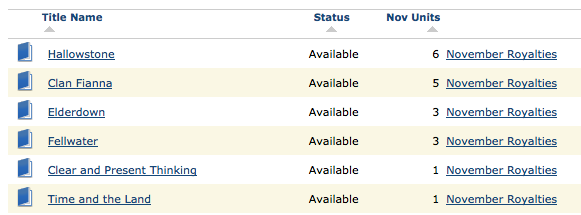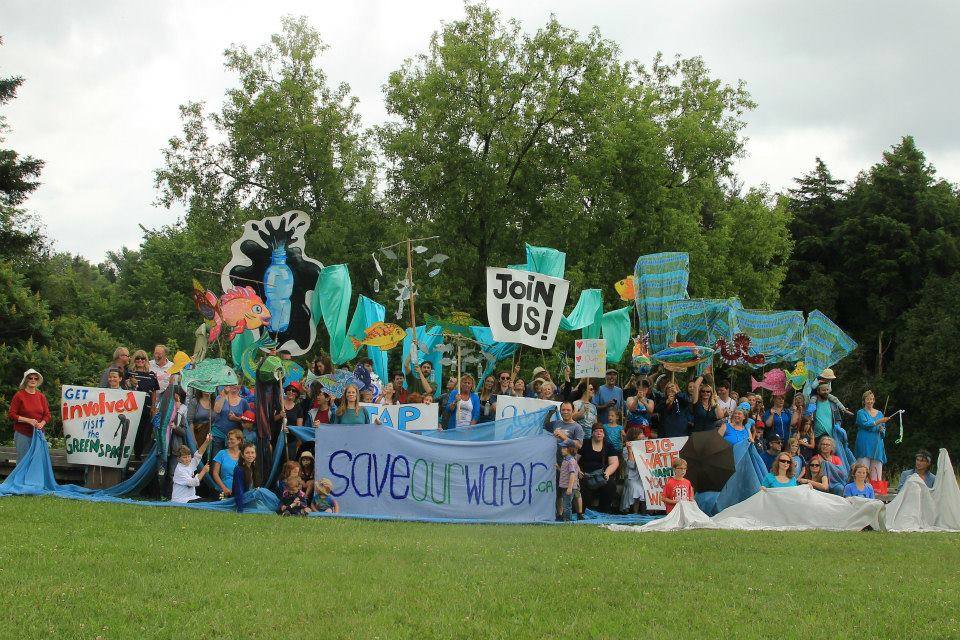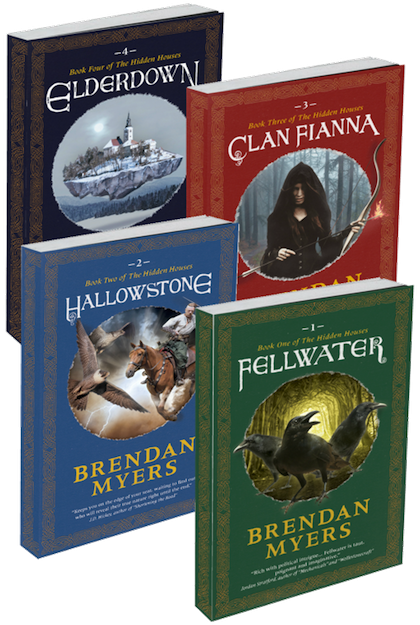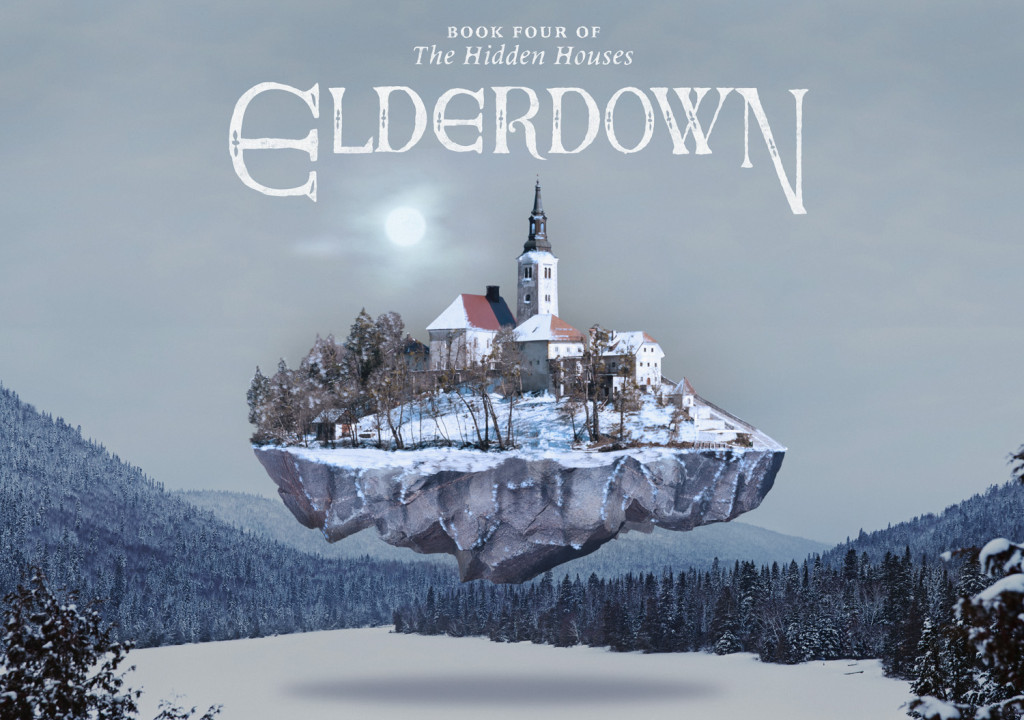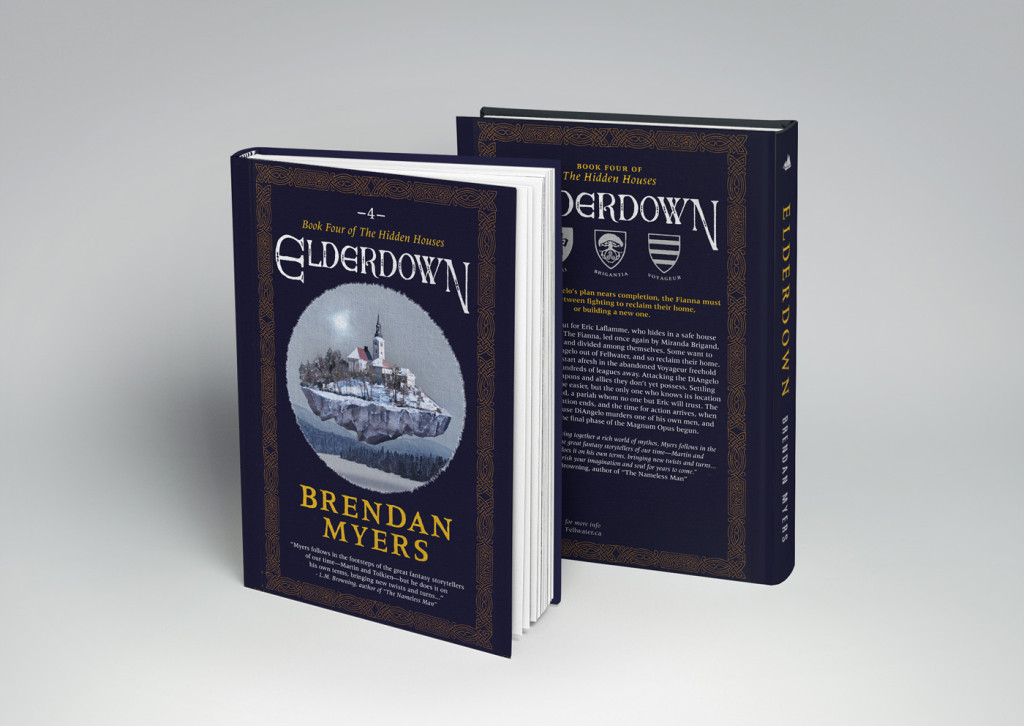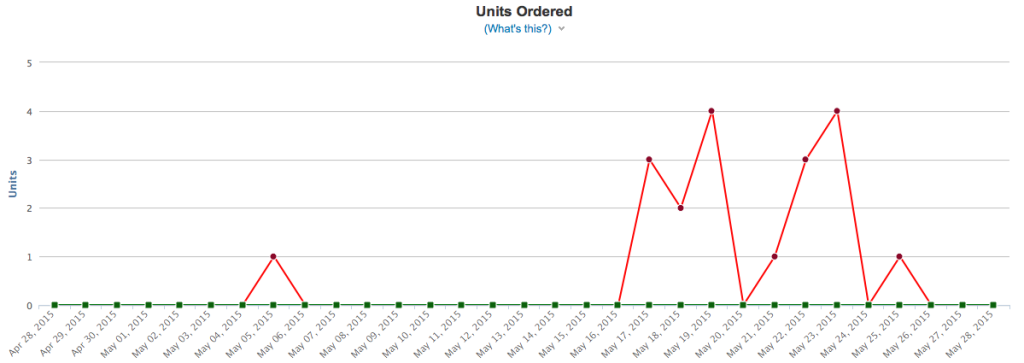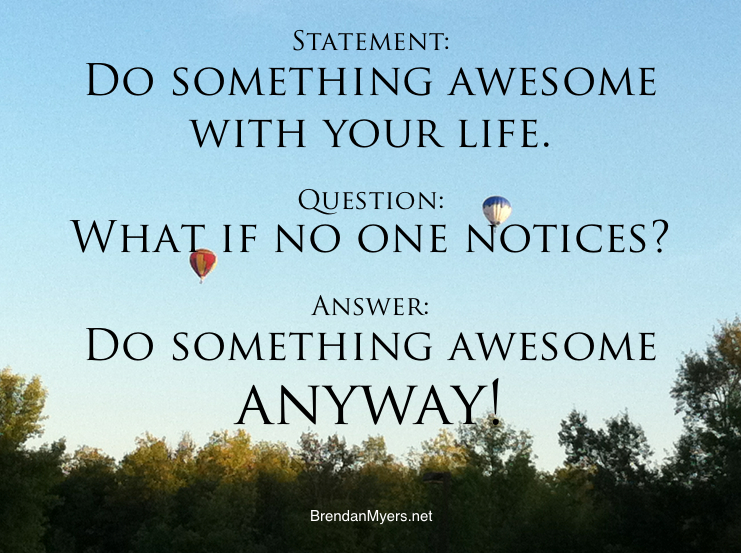In early November, I asked my Twitter & FB followers: “What is the best way to signal romantic interest in a woman without being a controlling misogynist dudebro?” Here, I’d like to share some of their most common, and most interesting, answers. Contributors are identified by their initials.
Compliment something that she’s worked to cultivate and that matters to her, like her ideas, talents, skills, or conversation. (M.B.B.)
Don’t talk too much about yourself, and if asked, be humble with ur responses. Engage her interest by finding out more about her. (A.L.)
Strike up a conversation and ask her stuff about her and what she thinks about things. Don’t pick stuff that’s too controversial, but just general interest. See what happens. If she answers all your questions, but doesn’t ask anything about you, offer some of your own information. If she still doesn’t ask anything about you, she’s not really interested. Offer her your email/phone number, politely and respectfully bow out, and see if she contacts you or comes to speak with you, expecting that she won’t. If she does, go back to step 1. If she doesn’t, be gracious when/if you see her again. (J.D.H)
Whatever you do, don’t brag too much. So many guys brag, brag, brag and ask nothing of the woman. This makes a woman think the man is not at all interested in who she is but desired only for her looks or a lay. I often joke that a man shouldn’t need to brag because if he is so great or skilled it should be evident. I find what men consider brag-worthy may not necessarily be the same traits the woman admires in the opposite sex. (D.T.)
Listen to her. Engage her in conversation about the things that matter TO HER. Learn what those things are and remember them. Respect her boundaries, but offer a kiss or hug when it’s appropriate — i.e. when you’ve gotten to know her and can talk comfortably with her. If you’ve known her 10 minutes, it’s too soon. If you’ve been going out with her for two years, it might be too late. (P.W.)
Respect her boundaries – yes! Don’t go in for a kiss unless it is obviously going to be reciprocated. (Y.A.)
I’m a bit weird (as Ian likes to point out) but I like people being direct but gracious. Fuck the euphemisms. Don’t say you want to go “for coffee.” Just say “I would like to go on a date. Would that be OK with you?” Don’t hover nervously or get into her personal space. Maintain eye contact and have friendly smile. (E.G.)
Respect boundaries and body language. Listen and don’t make assumptions about her knowledge and experience. Other than that, just relax and have a laugh. (G.P.)
It depends on a number of things- do you know her already or she is a stranger? Approach would be different for those situations. Timing is important- don’t approach if she is wearing earphones or deep in a book. Make sure there are lots of people around when you approach her. Check to see if she looks to be in good spirits, or not (don’t bug her if she’s in a bad mood, thinking to cheer her up) Keep a respectful distance and offer a non-physical compliment, or ask a question about her (if you know her) If she smiles and and answers happily, continue. If her answers are one word and she keeps looking around, move on. (A.S)
If you are interested in her mind and the things she says, tell her that you’d love to talk with her more sometime and ask if there’s a place/time that’s convenient for her and conducive to good conversation. (M.R.)
Ah gesh Brendan, all you had to do is say “hi, wanna grab some coffee?” to me and I’d be all for it. . On a real note: if you don’t intend on being a controlling misogynist dudebro, you won’t BE a controlling misogynist dudebro. Just talk to her. (C.G.C)
Before you ask her out, spend some time on presentation. Shower, shave, wear a nicer shirt. Especially if she knows you, taking the extra effort shows respect. (K.C.)
Don’t show confusion. Know what you want. Vulnerability is fine, but not too much of it. I do not want to feel manipulate to say yes because otherwise you will be deeply hurt. (M.F.)
There were a few suggestions that were mentioned which were immediately struck down for being too creepy. Such as:
Find out if she listens to a radio station and then request a song for her. Something playful and fun, not full-bore romantic. (O.F.)
Buy her books. (L.B.)
Here’s one which, although I am sure the author thought he was being funny, still seemed out of place:
Club her on the head, then drag her back to the cave by the long, blonde locks. (D.C.G.)
But most of my friends are the sort who enjoy irony. So it was immediately pointed out to D.C.G. that:
…It’s Brendan who has the long, blonde locks. (M.C.)
Side note: I had this idea that if I wrote a few good books, I wouldn’t have to club anyone on the head to drag her home. An interesting woman might come to visit me voluntarily.
Another comment that stood out in my mind concerned what to do when one’s expression of interest is rejected. As follows:
I have found that the key is: 1. Respect, 2. If rejected, not being an entitled jerk about it. (V.I.G.)
If you are shot down, be gracious. She owes you nothing and her decision is to be respected and unquestioned. (E.G.)
I’m not sure if you already know this woman fairly well, or if you casually know her, but try this: while in conversation, catch her eyes, smile, lean in towards her slightly. You will use your body language to let her know you’re interested, if she holds your eyes, smiles etc., proceed to asking her out for coffee. If she leans away, avoids eye contact, back away yourself. (D.B.)
Respect it if she is not interested. Please do not push if she says no. (A.H.)
If things are awkward or stilted then respect the fact that you two weren’t meant to be. (J.S.)
And several contributors said that maybe the thing to do is not to “date” at all, but instead to just be a part of someone’s life:
I’ve never “dated” in the sense that I met someone and immediately asked them out or was asked out. What happens for me is that I will make friends with someone, and we start spending an increasing amount of time together, usually with lots and lots of talking, until we just happen to realize we’re already in a relationship, or until one of the parties feels compelled to confess deeper feelings and the other reciprocates. So my advice would be to hang out, do things you both enjoy, and eventually when it feels right tell her your feelings. (S.M.)
My own courtship with my husband was very much like two cats sparring… I am sure we all have seen this, how cats will circle one another… at one point I almost despaired and gave up on him, but on Nov 4 we celebrated our 9th anniversary. (F.G.)
I had complicated reasons for posing this question on my social media feed. One was that I have had a profile on a dating site up since August. I started looking at the men’s profiles just to see what the women on the site were seeing, and maybe get a few hints about how to write my own profile. After too many pictures of shirtless men, and too many profiles written in text-message shorthand, I had enough. Many of the women’s profiles were equally demoralizing: I’m pretty sure I won’t bring happiness to a woman whose dating keywords include “chillax”, “keepfit”, and “YOLO”. Anyway, in four months only three women responded to my ad, so I was feeling like a failure.
I also follow about a dozen feminist philosophers on my Twitter feed, from whom I’m learning the language of contemporary feminism. I follow them because they are smart and interesting; their lives are about something more substantial than “YOLO”. But some of them, or their family and friends, were targets of some vicious online harassment during the “gamergate” and “sad puppies” scandals; or, they were academics who analyzed those scandals. They live in an (online) social environment where they can expect to be punished for drawing attention to basic injustices in their world, or punished for rejecting unwanted attention. How to approach these women and talk to them? I don’t know. So, I asked for help.
This morning a friend passed to me an essay about how scientists concluded that women may actually prefer assholes. It’s a clickbait headline, of course; it’s real argument is the somewhat less outrageous claim that people are strongly drawn to assertiveness, and to a touch of aggression. Still, I feel like the world is sending me mixed messages. It makes me shake my head.
So, dear readers of this blog, what do you think of the advice summarized above? What else should men do if they want to show romantic interest in someone, and not be a controlling misogynist dudebro?
(And as a footnote: don’t you just love the word dudebro? It’s the perfect word for a male narcissist. I use it now as often as I can.)


